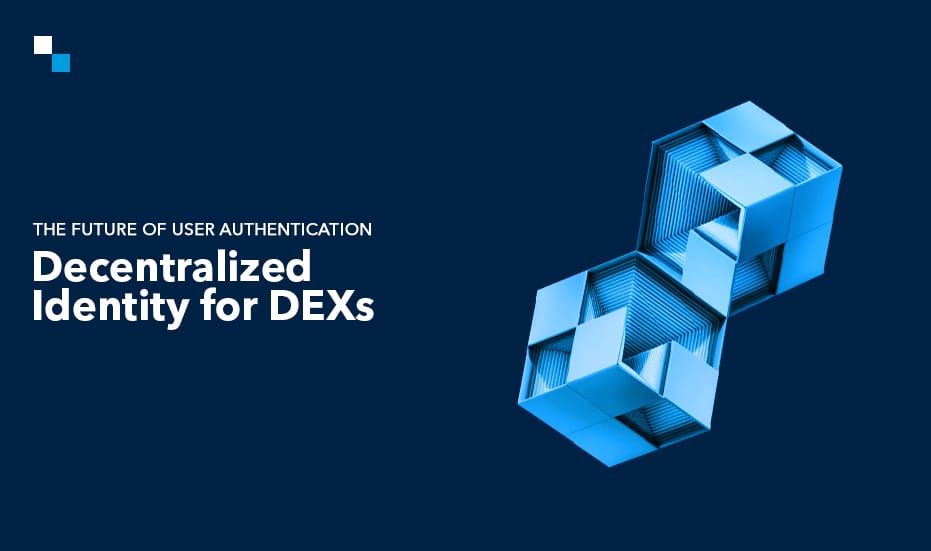Bodrum Escapes: Your Guide to Luxury and Leisure
Explore the best of Bodrum with exclusive insights and tips for an unforgettable experience.
Identity Crisis? Not in Betting with Decentralized Solutions
Discover how decentralized solutions can eliminate identity crises in betting. Explore new ways to play safe and secure!
Understanding Identity Crisis in Decentralized Betting Solutions
Understanding Identity Crisis in decentralized betting solutions involves exploring the complexities of user identification and authentication without relying on centralized authorities. In traditional betting systems, users are required to provide personal information, which raises privacy and security concerns. However, decentralized platforms operate on blockchain technology, enabling users to maintain their anonymity while participating in betting activities. This inherent anonymity poses a unique challenge: how can these platforms ensure that users are verified and authenticated without compromising their privacy?
Several decentralized betting solutions are exploring innovative methods to tackle this identity crisis. For instance, the integration of self-sovereign identity (SSI) frameworks allows users to control their identity while proving their authenticity to the platform. Additionally, some platforms are leveraging zero-knowledge proofs to validate user identities without revealing sensitive data. As the industry evolves, balancing user privacy with the need for security and trust will be crucial in shaping the future of decentralized betting.

Counter-Strike is a popular multiplayer first-person shooter game that pits teams of terrorists against counter-terrorists. Players engage in various game modes, strategizing to complete objectives such as planting bombs or rescuing hostages. For those looking to enhance their gaming experience, check out the bc.game promo code for special offers and rewards.
Why Decentralized Solutions Are Key to Resolving Identity Issues in Betting
The growing popularity of online betting platforms has brought to light significant identity issues that can undermine user trust and regulatory compliance. Traditional centralized systems often struggle with verification processes, making users vulnerable to fraud and identity theft. By implementing decentralized solutions, the verification of identity can be transformed through blockchain technology, which offers a more secure and transparent way of managing personal data. Instead of relying on a central authority, users can maintain control over their own identity, thereby reducing risks associated with data breaches and ensuring a higher standard of privacy.
Moreover, decentralized solutions enhance the overall user experience in betting environments by streamlining the registration and verification processes. Technologies such as smart contracts can automate tasks, ensuring that once a user’s identity is verified, they can swiftly engage in betting without cumbersome delays. This method not only secures users' identities but also fosters trust and reliability within the betting ecosystem, encouraging more players to participate. As the betting industry continues to evolve, embracing decentralized solutions will be crucial in building a safer and more efficient gambling landscape.
Are Decentralized Betting Platforms the Solution to Identity Crisis?
The rise of decentralized betting platforms represents a significant shift in the gambling industry, particularly concerning issues related to privacy and identity verification. Traditional betting sites often require users to undergo rigorous identity checks, which can lead to concerns about data security and the potential for identity theft. In contrast, decentralized platforms leverage blockchain technology to provide a more secure and anonymous betting experience. By utilizing cryptographic methods and smart contracts, these platforms enable users to place bets without sharing sensitive personal information, thus addressing the growing identity crisis in online gambling.
Moreover, this shift towards decentralization not only enhances user privacy but also fosters greater transparency and trust within the betting ecosystem. Players can verify the fairness of games and the integrity of payouts through public ledgers, ensuring that the house does not hold unfair advantages. As decentralized betting platforms continue to evolve, they may indeed offer viable solutions to the identity crisis affecting traditional online betting. By prioritizing user privacy, security, and transparent operations, these platforms are poised to reshape the future of gambling.